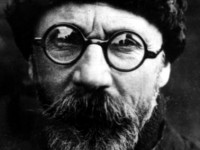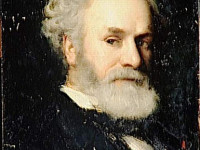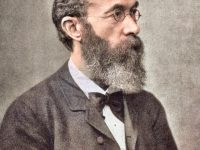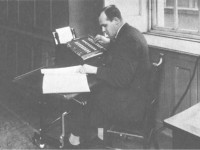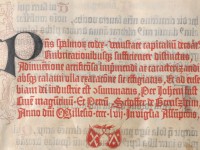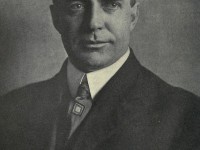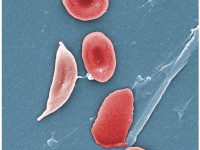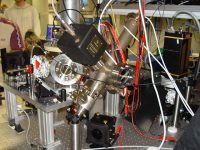Leonid Kulik and the Mysterious Tunguska Event
On August 19, 1883, Russian mineralogist Leonid Alekseyevich Kulik was born. Kulik is noted for his research in meteorites. In 1927, Kulik conducted the first scientific expedition (for which records survive) to study the Tunguska meteor impact site, the largest impact event in recorded history, which had occurred on 30 June 1908.[1] Leonid Kulik – Bachground Leonid Kulik was born in Tartu, Estonia, which was later to become part of the Soviet Union, and was…
Read more











